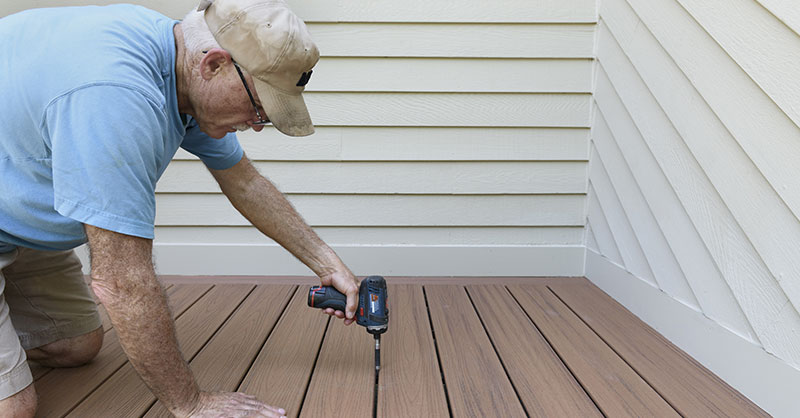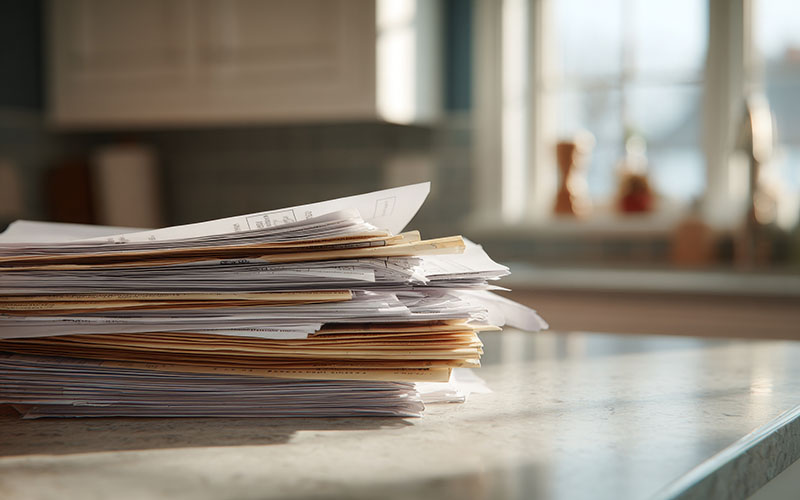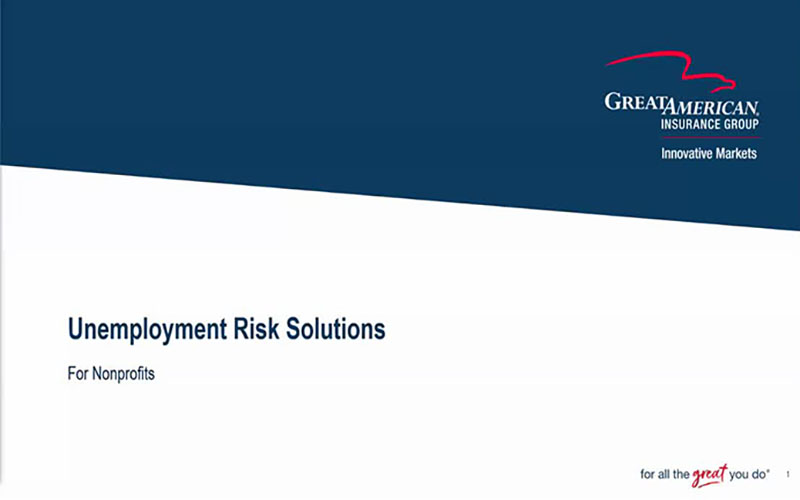5 Tips to Prevent Porch, Deck and Balcony Collapse

Commercial homeowners should understand and assess key factors that lead to porch, deck and balcony collapse and take the necessary actions to protect their property.
If you own or lease a commercial property that has a porch, deck or balcony, there are certain precautions you can take to avoid a tragic accident. Here are some tips to prevent a porch, deck or balcony collapse.
- Building, condo and apartment homeowners should know and clearly post the maximum capacity for balconies and decks. Overcrowding and exceeding capacity must be prohibited.
- If you have a deck older than 15 years, have it professionally evaluated, repaired and reinforced. Many older porches, decks and balconies were built before codes required them to support a minimum load pounds per square foot, or to have ledger boards with direct structural connections.
- Inspect your deck annually for the following: missing or rusted nails or fasteners, ledger boards that are not lag bolted or through bolted (i.e. you only see nails), severe cracks and rotted wood (particularly at connections to the buildings), and proper footings. Repair or replace as needed. Also keep an eye out for horizontal movement which may require cross-bracing to prevent sway.
- Assess the weight of furniture, appliances, wading pools, air conditioning compressors or other heavy items and consider removal. (NOTE: Other than single and two-family homes, gas or charcoal grills may not be used or kindled on any balcony, under any overhanging portion or within 10 feet of any structure.)
- Visit the North American Deck and Railing Association website to find a Deck Safety Month® Check Your Deck® Video, Consumer Checklist and a detailed Deck Evaluation Form.
When in doubt, if your deck is over 15 years old, or if you have any questions or concerns, you should contact a qualified inspector. Depending on the type of porch, deck or balcony structure, the construction type of the building, and the premises occupancy, proper inspection may require a local building inspector, building materials dealer, home inspector, engineer, architect or builder.








.jpeg?sfvrsn=dbf923b1_1)




.jpeg?sfvrsn=c50521b1_1)
